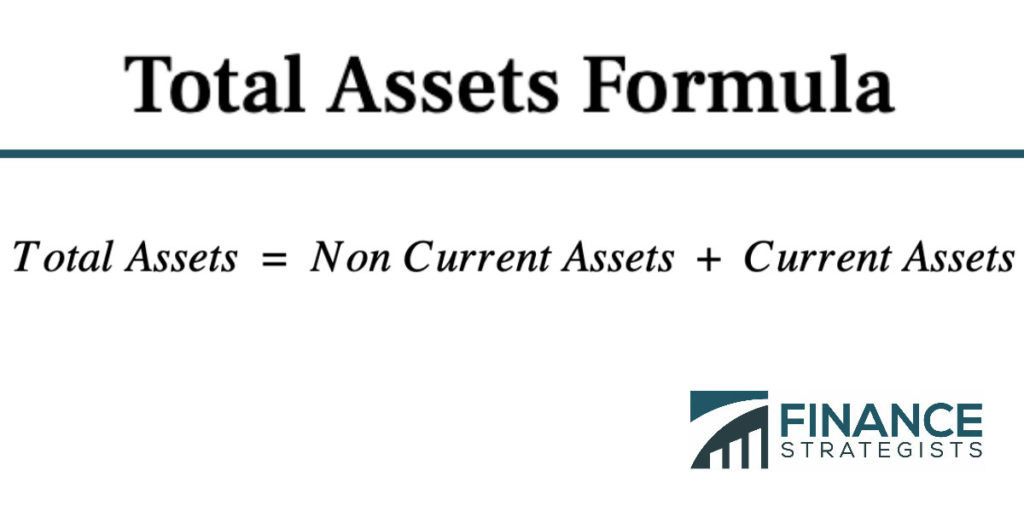When a loved one passes away, their assets are often left behind to be distributed among their heirs. However, not all assets are passed down seamlessly - some may be required to go through a legal process known as probate. In this article, we will explore what types of assets typically go through probate and why this process is necessary for ensuring a smooth transition of wealth after someone’s passing.
Understanding Probate and Assets
What types of assets go through probate?
When a person passes away, their assets may need to go through the probate process in order to be distributed to their beneficiaries. Not all assets are subject to probate, however. Here are some common types of assets that typically go through probate:
- Real Estate: Any property owned solely by the deceased individual will likely need to go through probate.
- Bank Accounts: Individual bank accounts without named beneficiaries may need to go through probate.
- Investment Accounts: Stocks, bonds, and other investments held solely by the deceased may need to go through probate.
- Personal Property: Items such as jewelry, artwork, and vehicles owned solely by the deceased may need to go through probate.
| Asset Type | Probate Status |
| Real Estate | Usually goes through probate |
| Bank Accounts | May go through probate if no beneficiary is named |
| Investment Accounts | May go through probate if solely owned |
| Personal Property | Often goes through probate |
Types of Assets Subject to Probate
Probate is the legal process through which assets of a deceased person are distributed to heirs or beneficiaries. Not all assets are subject to probate, and it’s important to understand which types of assets go through this process. Some common types of assets that are subject to probate include:
- Real Estate: Any property solely owned by the deceased person.
- Bank Accounts: Individual bank accounts that do not have a designated beneficiary.
- Investment Accounts: Such as stocks, bonds, and mutual funds held solely by the deceased person.
| Asset Type | Probate Status |
|---|---|
| Real Estate | Subject to probate |
| Bank Accounts | Subject to probate |
| Investment Accounts | Subject to probate |
It’s important to note that assets that have designated beneficiaries, such as retirement accounts or life insurance policies, typically do not go through probate. Additionally, assets held in a trust are also not subject to probate. Understanding which types of assets go through probate can help individuals better plan their estates and ensure a smooth distribution of assets to their loved ones.

Assets That Avoid Probate
When a loved one passes away, their assets may have to go through the probate process before being distributed to heirs. Assets that typically go through probate include real estate, bank accounts, investment accounts, and personal possessions. Probate can be a long and costly process, so it’s important to know which assets can avoid probate.
include:
- Jointly Owned Property: Property owned jointly with rights of survivorship automatically passes to the surviving owner.
- Beneficiary Designations: Assets with a designated beneficiary, such as life insurance policies and retirement accounts, pass directly to the named beneficiary.

Strategies to Minimize Probate Process
When it comes to the probate process, it’s important to understand which types of assets typically go through this legal procedure. Some common assets that go through probate include:
- Real estate owned solely by the deceased
- Personal belongings such as jewelry, furniture, and artwork
- Bank accounts that are not designated as payable-on-death or held jointly
- Investment accounts and stocks registered solely in the deceased’s name
One strategy to minimize the probate process is to designate beneficiaries for accounts that allow for it, such as retirement accounts and life insurance policies. By doing so, these assets can pass directly to the designated beneficiaries without going through probate. Another effective strategy is to create a living trust, which allows your assets to be transferred to your beneficiaries without the need for probate. By taking these proactive steps, you can help ensure that your loved ones receive their inheritance in a timely manner.
In conclusion, understanding which assets go through probate is essential for estate planning and preparing for the distribution of your assets after your passing. By identifying these assets and taking the necessary steps to avoid probate for as many as possible, you can streamline the administration of your estate and ensure a smoother transition for your loved ones. Remember, seeking legal advice from a knowledgeable estate planning attorney can help you navigate this process with confidence and peace of mind. Let us know in the comments if you have any questions about probate or estate planning. Thank you for reading!




